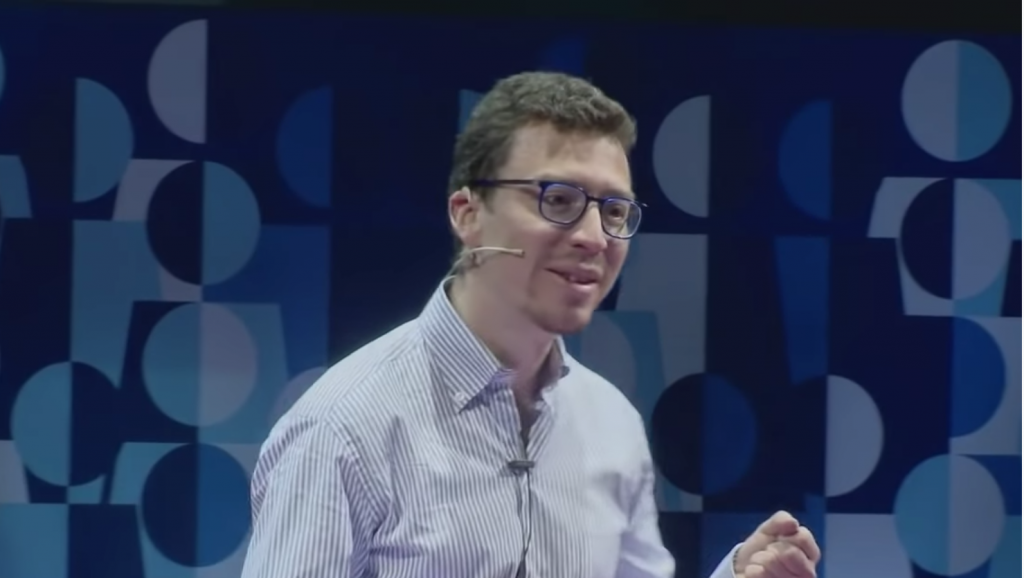
Luis von Ahn, the CEO and Founder of Duolingo, explains why he created the app at a TED Talk in Spanish.
Gamified App Surging as Students Keep Up Language Skills with Play
Leveraging personalized learning and goals, Duolingo’s use of AI as a foundation has catapulted the company into a leading language app, now with more than 30 million monthly users. The pandemic boosted its user base by 101%, according to an interview with Duolingo CEO Luis von Ahn by VentureBeat.com.
“One of the things people don’t know is that even though Duolingo is very gamified and it just looks very cutesy, we actually record everything you do to try to basically have a model of what you know,” von Ahn said. Founded in 2012, Duolingo hired research director, Burr Settles, who has a Ph.D. in AI, in 2013. “He came in and the idea was ‘Try to figure out how to use AI to improve Duolingo.’”
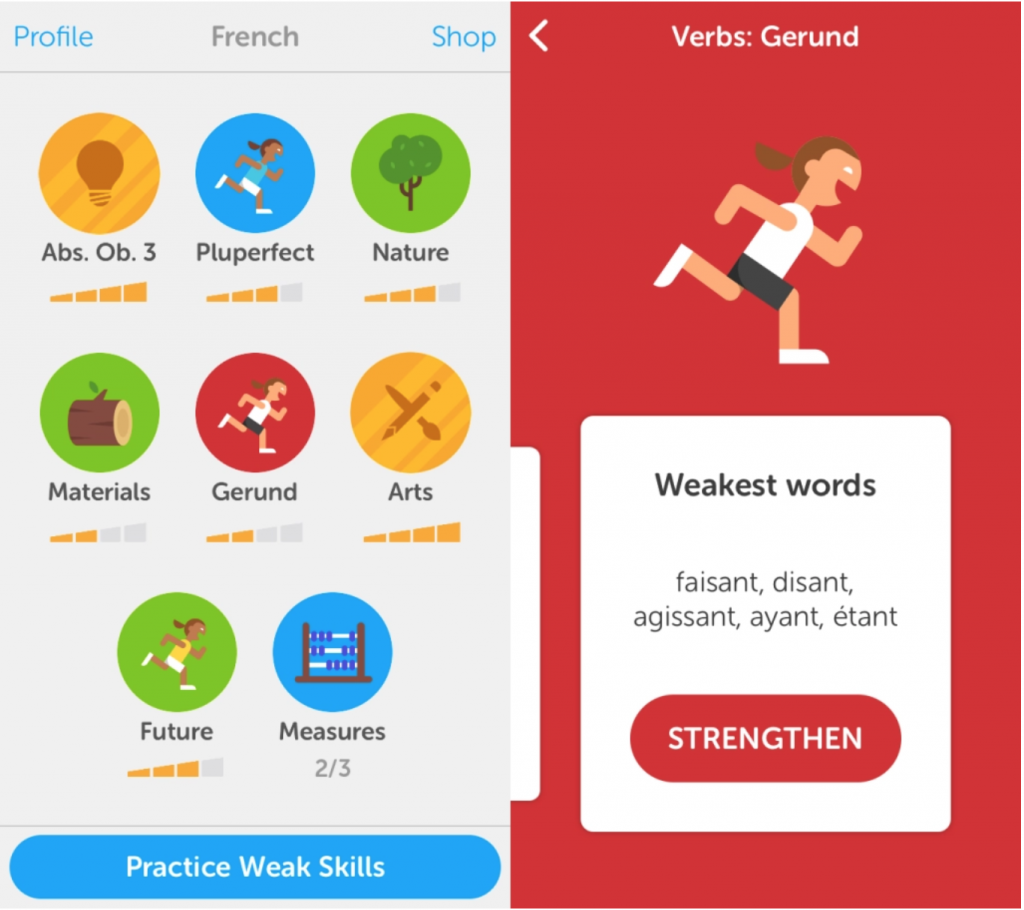
The graphic shows how Duolingo customizes the level of the app game.
Duolingo’s detailed database on each user underlies the effectiveness of AI programming. It uses a space repetition system to track how many times a user views a word and how long it takes for them to forget the word. Duolingo then selects challenges for practice sessions based on that kind of information. Wired.com featured an in-depth piece on how the company developed its algorithms in 2018. Duolingo is one of the cutting edge companies for research on personalization.
The program also uses AI for a computer adaptive placement test that users take for about five minutes when they sign up. It places them at the appropriate level in the course. The variations in lessons are different for each user, based on what the AI records.
“We may have a list of 20 words that we’re trying to teach you. That is the same for everyone,” von Ahn explained. “But with those words, we have some latitude about how we teach them to you. For example, we may teach you the word ‘chair’ by giving you the sentence, ‘I love this chair’ or we may give you the sentence ‘I sat on this chair.’ And we make the choice about which one to teach you the word chair with based on what we think may be better for you.’”
Using a machine learning program called Birdbrain, the app also can figure out how hard to make lessons and how to quiz each person individually. It takes about a hundred exercises or five or six lessons before the system can adapt. Duolingo began developing that product feature in October 2019 and launched it in March.
read more at venturebeat.com

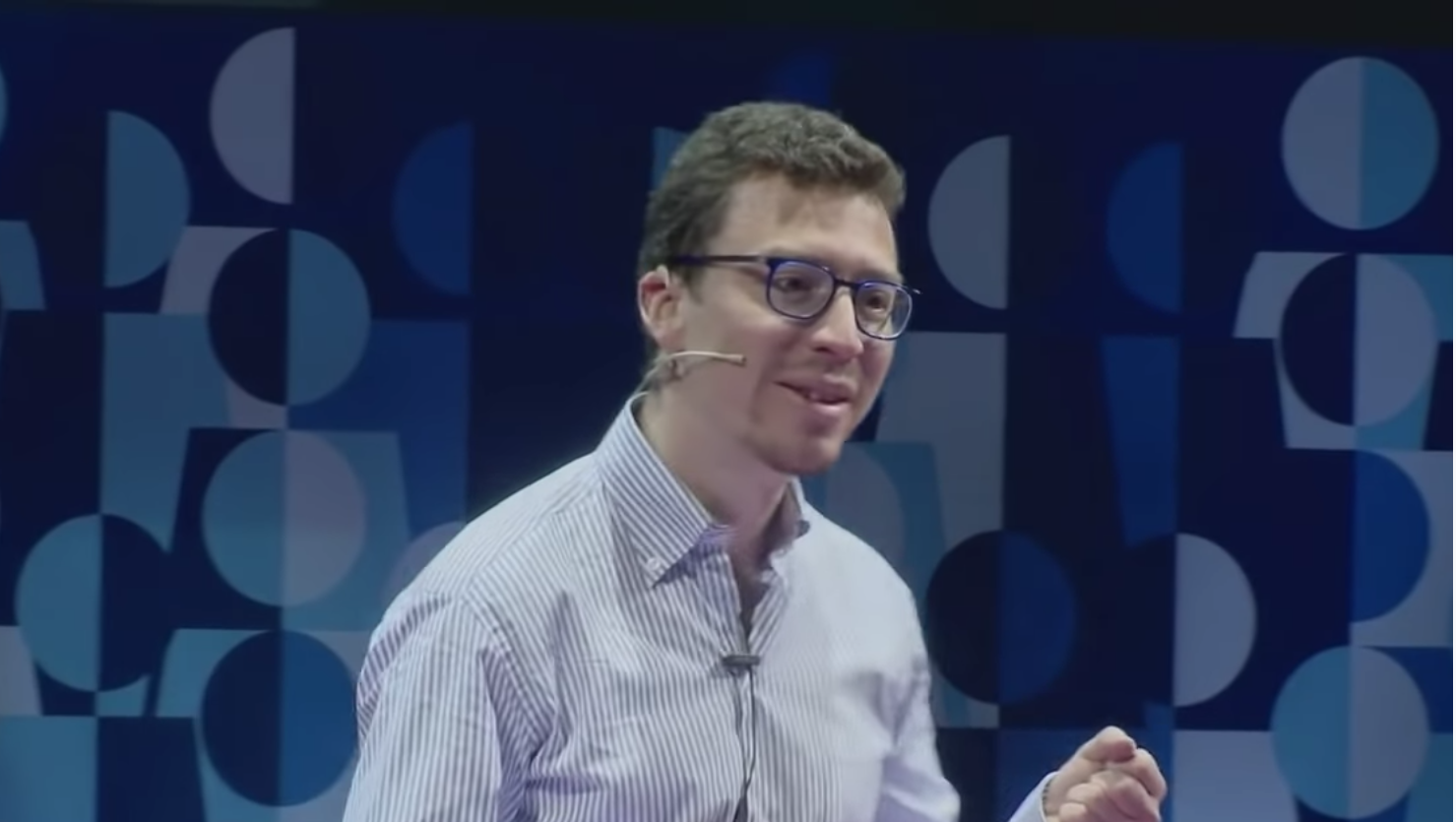
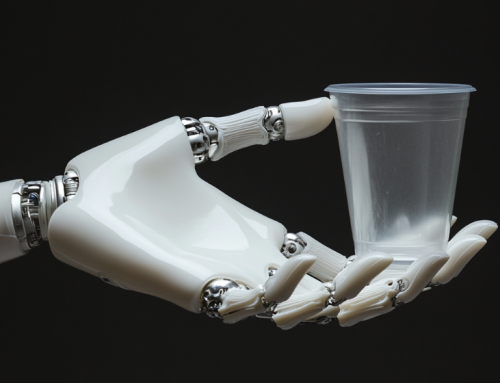


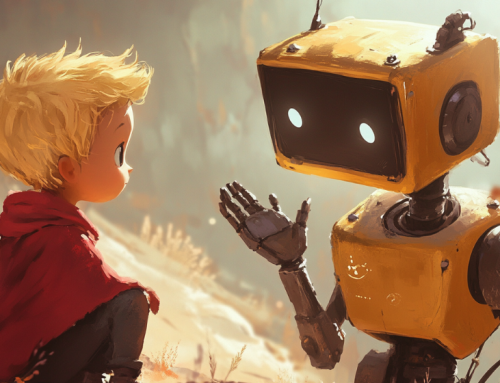


Leave A Comment